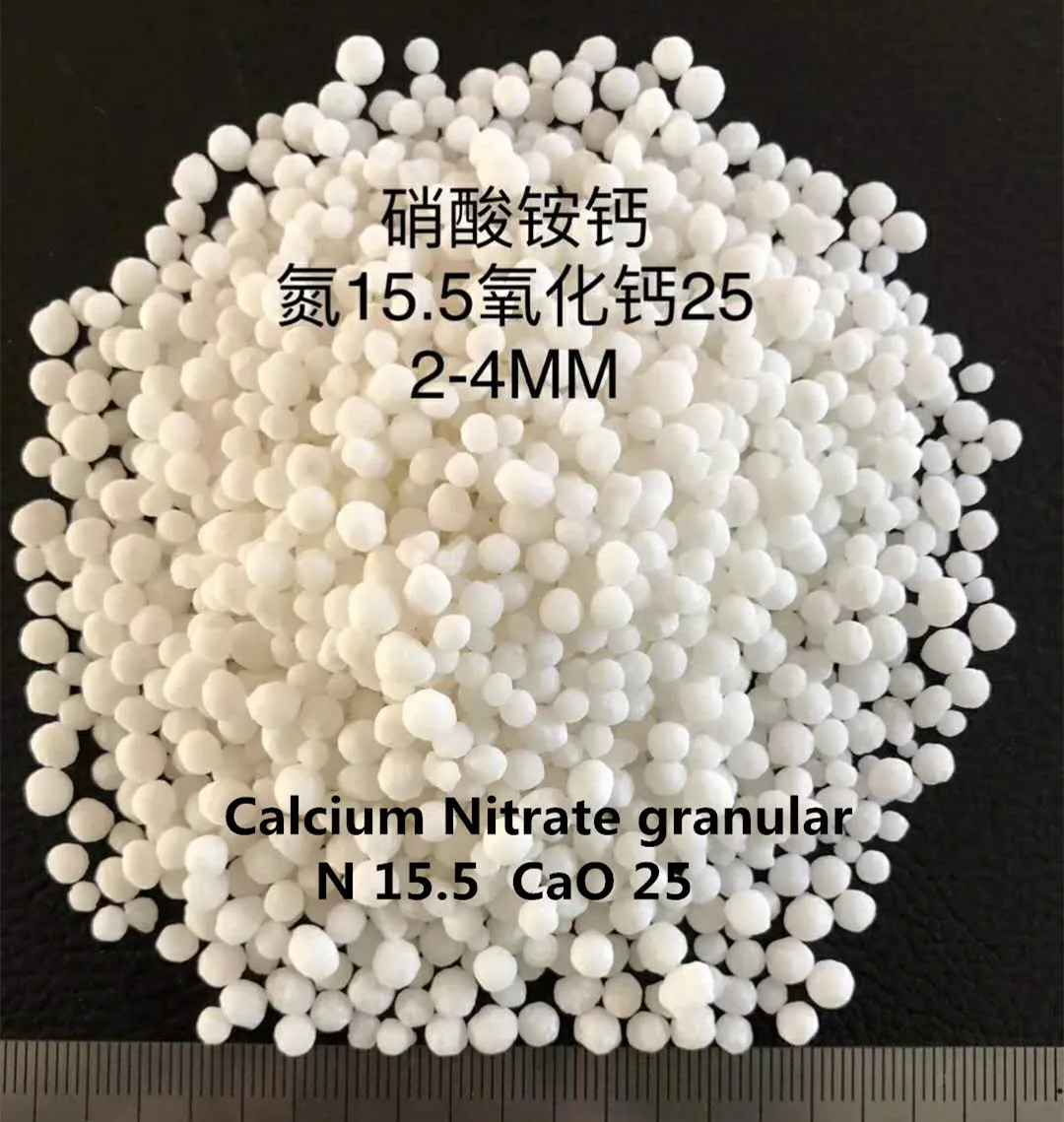
12 月 . 04, 2024 09:00 Back to list
high quality npk fertilizer types
Types of High-Quality NPK Fertilizers
Fertilization is an essential practice in modern agriculture to ensure optimal plant growth, maximize yield, and enhance soil health. Among the various fertilizers available, NPK fertilizers stand out due to their balanced composition of three vital nutrients nitrogen (N), phosphorus (P), and potassium (K). High-quality NPK fertilizers are formulated to provide these essential nutrients in the right proportions for various crops and soil conditions. In this article, we will explore different types of high-quality NPK fertilizers, their benefits, and their applications.
1. Granular NPK Fertilizers
Granular NPK fertilizers are commonly used in agricultural practices due to their ease of application and slow-release properties. These fertilizers come in small granules that dissolve slowly in the soil, providing a steady supply of nutrients over time. They are often used for field crops, vegetable gardens, and lawns. Farmers value granular fertilizers for their ability to minimize nutrient leaching and improve nutrient uptake efficiency.
Types of Granular NPK Fertilizers - Complete NPK Fertilizers These fertilizers contain all three essential nutrients in a balanced ratio, such as 10-10-10 or 20-20-20. They are suitable for a wide range of crops, ensuring that plants receive the necessary nutrients for healthy growth. - Specialized Blends Farmers can also find customized blends that cater to specific crop requirements or soil deficiencies, such as 15-30-15 for root crops or 5-10-20 for flowering plants.
Liquid NPK fertilizers are increasingly popular due to their rapid absorption by plants. These fertilizers are typically mixed with water and can be applied through foliar spraying or soil drenching. Liquid forms allow for precise application and quick nutrient delivery, making them ideal for high-value crops and situations where rapid growth is essential.
Advantages of Liquid NPK Fertilizers - Fast-Acting Because they are readily available in liquid form, plants can absorb them quickly, resulting in prompt growth response. - Flexible Application Liquid NPK fertilizers can be applied during critical growth stages, ensuring that crops receive nutrients exactly when they need them. - Reduced Salt Build-Up They often have lower salt concentrations compared to granular fertilizers, reducing the risk of soil salinity.
high quality npk fertilizer types

3. Slow-Release NPK Fertilizers
Slow-release NPK fertilizers are designed to release nutrients gradually over an extended period. This method mimics the natural nutrient cycling in soil and is particularly beneficial for long-term crops. Slow-release formulations may be coated with special materials that control nutrient release based on environmental conditions such as temperature and moisture.
Benefits of Slow-Release NPK Fertilizers - Improved Nutrient Efficiency By synchronizing nutrient availability with plant growth, these fertilizers enhance nutrient uptake and reduce waste. - Minimized Environmental Impact They decrease the likelihood of nutrient leaching into waterways, thereby reducing environmental pollution. - Convenience These fertilizers can reduce the frequency of applications, saving time and labor for farmers.
4. Organic NPK Fertilizers
Organic NPK fertilizers have gained popularity due to the growing demand for sustainable agricultural practices. Derived from natural sources, such as compost, animal manure, or plant residues, organic NPK fertilizers improve soil structure and foster beneficial microbial activity.
Characteristics of Organic NPK Fertilizers - Sustainable Nutrient Supply They provide a slower, more consistent release of nutrients, promoting a healthy soil ecosystem. - Environmental Benefits By using organic materials, farmers can reduce their reliance on synthetic inputs, contributing to ecological balance and sustainability. - Enhanced Soil Health Organic fertilizers improve soil fertility and water retention, leading to healthier crops in the long run.
Conclusion
High-quality NPK fertilizers play a vital role in supporting agricultural productivity and sustainability. With various types available—granular, liquid, slow-release, and organic—farmers can choose the right fertilizer based on their specific crop and soil needs. By understanding the benefits and applications of these fertilizers, growers can make informed decisions that contribute to successful farming practices, ensuring food security and environmental stewardship for future generations.
-
Premium Amino Acid Fertilizer | Rapid Plant Growth Booster
NewsJul.31,2025
-
10 10 10 Fertilizer Organic—Balanced NPK for All Plants
NewsJul.30,2025
-
Premium 10 10 10 Fertilizer Organic for Balanced Plant Growth
NewsJul.29,2025
-
Premium 10 10 10 Fertilizer Organic for Balanced Plant Growth
NewsJul.29,2025
-
Premium 10 10 10 Fertilizer Organic for Balanced Plant Growth
NewsJul.29,2025
-
50 Pound Bags of 13-13-13 Fertilizer for All Plants – Bulk & Organic Options
NewsJul.28,2025
